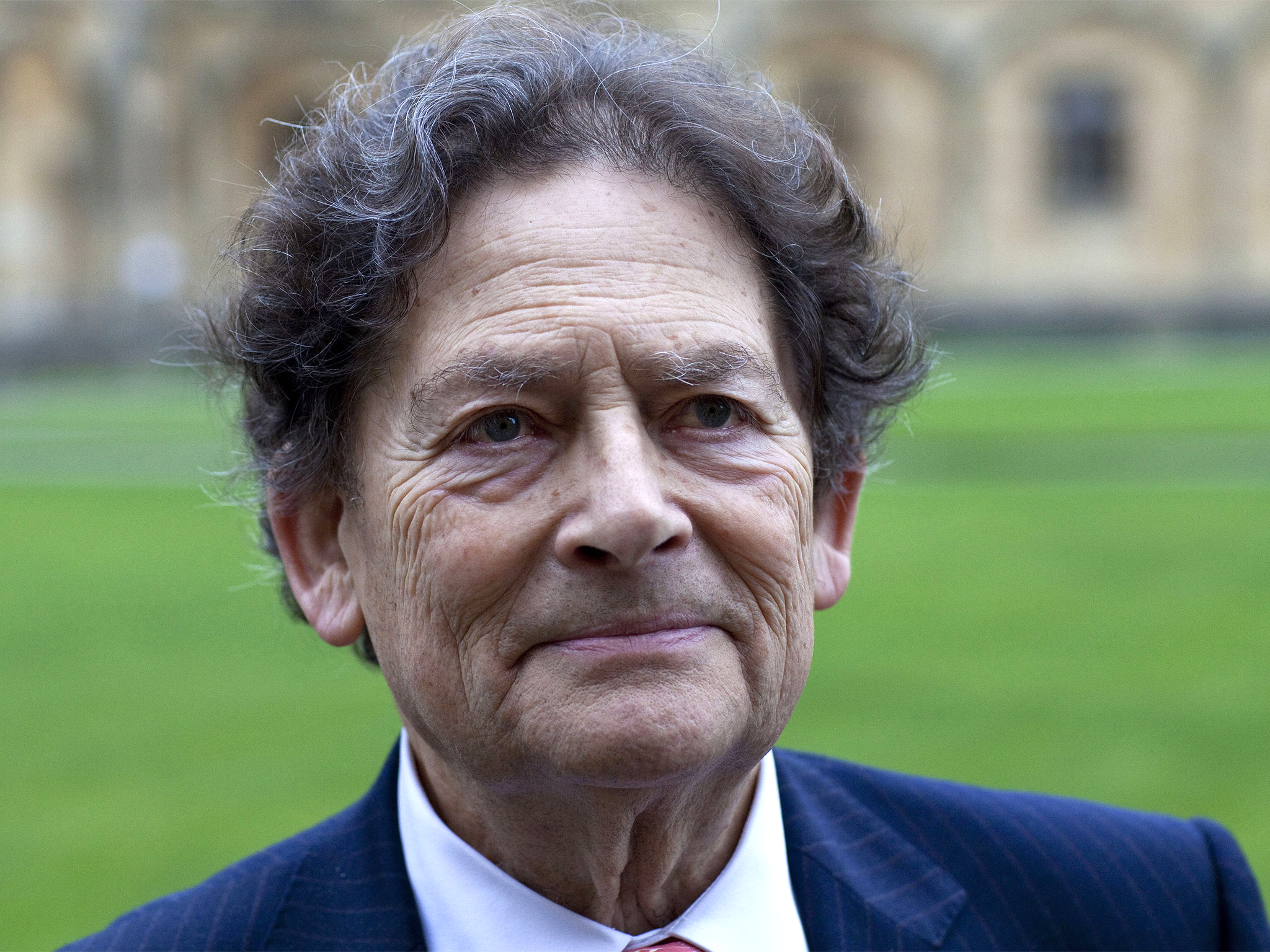BBC axed science reporting course despite concerns over 'false balance' on issues like climate change, doc reveals
Revelation comes weeks after Today programme forced to apologise for failing to challenge climate change denier Lord Lawson’s assertion that global temperatures have fallen

The BBC stopped running courses teaching its journalists how to report science just one year after an independent review recommended the corporation take “an active approach” to engage with scientists.
The BBC’s Reporting Science course ceased running from the start of 2013, a document obtained under freedom of information laws by the DeSmog UK environmental news website shows. The cancellation came just weeks after the BBC Trust had praised new training introduced in the wake of criticism of the corporation's science reporting.
The latest revelation comes after the BBC was forced to apologise last month for not challenging Lord Lawson’s assertion that global temperatures have fallen over the past decade. The world’s average temperature has hit the highest on record for three years in a row – 2014, 2015 and 2016.
The well-known climate change denier “should have been challenged” in an interview on Radio 4’s Today programme in August, the show’s producers eventually conceded, after initially rejecting listeners’ complaints. Shortly after the interview, Lord Lawson’s Global Warming Policy Foundation admitted that the claim was false, and had been based on an “erroneous” temperature chart.
The BBC began running the science course after a 2011 review by UCL genetics professor Steve Jones into the impartiality and accuracy of science reporting by the corporation.
In his report, Professor Jones criticised the BBC for providing “false balance” between well established fact and opinion and said that there should be “no attempt to give equal weight” to both. It said that the BBC had “an adversarial attitude to science which allows minority, or even contrarian, views an undue place”.
A little over a year later, in November 2012, the BBC Trust reviewed progress on its response to Jones’ findings. “The Trust is particularly pleased to note that a new system of training is now in place, with journalists taking part in workshop sessions,” the follow-up report stated. Just weeks later, that training was cancelled.
Impartiality is enshrined in the BBC Charter and has led to accusations that fringe views are often given a platform that makes them appear to have more support than they actually have. The BBC’s editorial guidelines state that “minority views should not necessarily be given equal weight to the prevailing consensus”.
Professor Jones told DeSmog UK that he had “some sympathy” with the BBC but added that problems remain with the corporation’s reporting of science.
“I did not know that [the science courses] had been discontinued, but I do know that BBC journalists do not like these compulsory courses as they are busy as hell anyway and the courses tend to fade away.
“The problem is not factual errors most of the time, but an unwillingness to accept that there is a consensus about a scientific issue, because of the constant desire to report controversy.”
Professor Jones labelled the Lawson incident a “fiasco”.
“I spoke about it on Today the following day and was berated by John Humphries for calling Lawson's followers ‘deniers’ of anthropogenic climate change. That, he said, was a theological term rather than a scientific one. I don't see that; I deny that the world is flat because, in fact, it is spherical.”
The former Tory Chancellor was interviewed on BBC Radio 4’s Today programme about the release of former US Vice-President Al Gore’s new film, The Inconvenient Sequel: Truth to Power, which describes how climate change is already having significant effects on the planet but also that the plunging cost of renewable energy means there is a solution.
His first film in 2006, An Inconvenient Truth, predicted that the site of the 9/11 memorial would face an increased risk of being flooded as sea levels rise. At the time, this prompted some ridicule, but this actually happened during Hurricane Sandy in 2012.
Richard Black, BBC news’ environment correspondent from 2003 to 2012, and now director of the Energy and Climate Intelligence Unit think tank, told DeSmog UK it was “certainly a surprise” the course had ended after such a short period of time.
“When BBC management responded to the Jones Review back in 2011 they gave no indication that the courses were a temporary thing – they were presented as something that would run and run.
“And that would be logical: Steve Jones identified lack of scientific awareness outside the specialist units as a problem that sometimes led to poor editorial decision-making, and the courses were intended to guard against that. It’s not going to magically stop being a problem, especially given staff turnover and resource cuts – and the fact that they acknowledged getting it wrong over the recent Lord Lawson interview, and even more so over ‘What’s the point of the Met Office?’ which was so bad they took it off iPlayer, shows all is not going entirely swimmingly.
“I would have thought it entirely logical now to re-introduce the courses and do what they should have done in 2011, namely to make them mandatory for everyone with editorial responsibility who might include scientific topics in their output, including new recruits.”
A spokesperson for the BBC said: “This was always intended to be a short-term course. As and when necessary courses are re-run. However, we do not accept the suggestion that this had any bearing on the decision to interview Lord Lawson. The finding was clear that it was acceptable to interview him, but that his comments should have been challenged more.”
Join our commenting forum
Join thought-provoking conversations, follow other Independent readers and see their replies
Comments
Bookmark popover
Removed from bookmarks